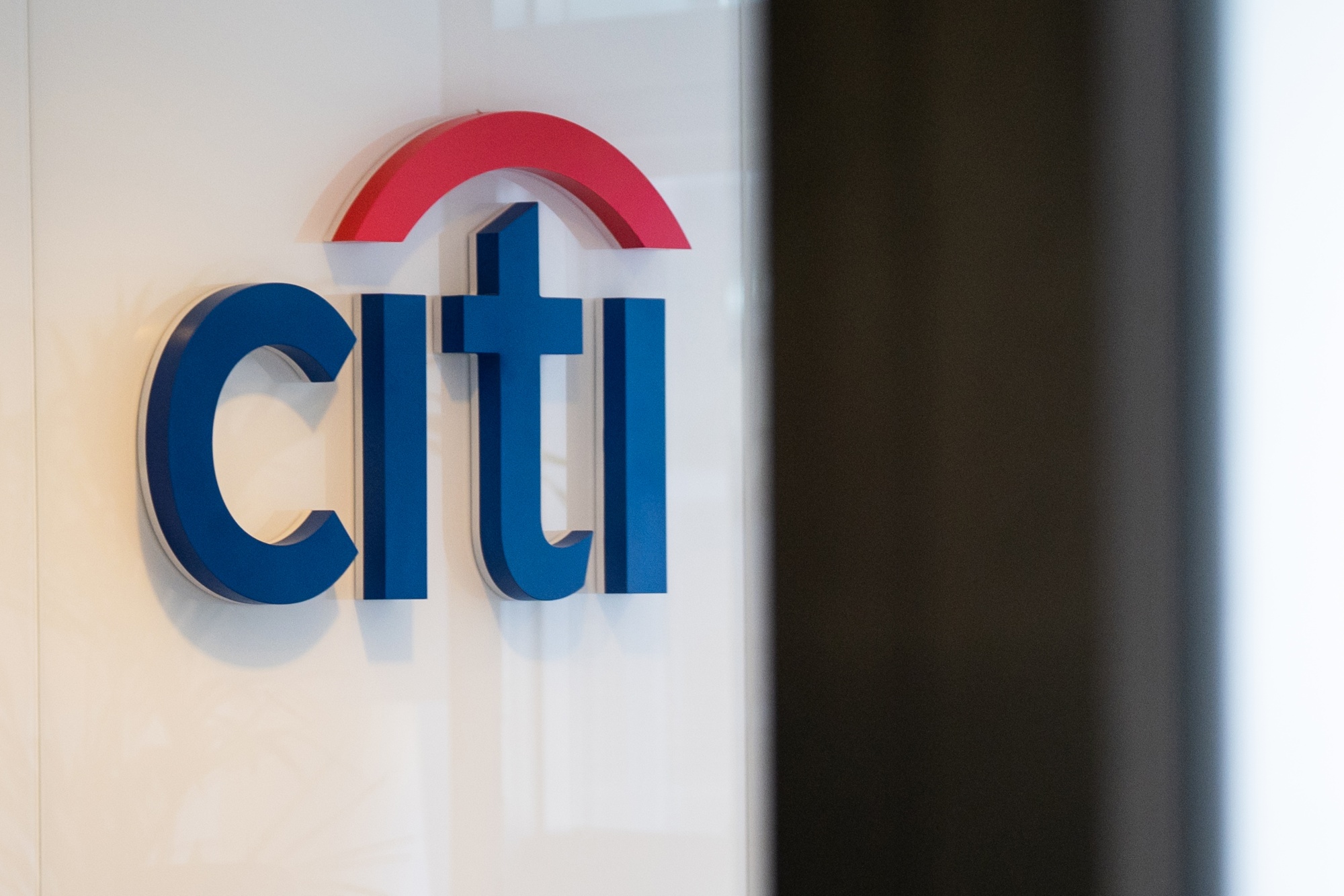Citi profit climbs on investment banking surge, services strength
Net income climbed to US$3.2 billion, in the three months ended June 30.
Citi’s profit rose in the second quarter, boosted by a 60 per cent jump in investment banking revenue and gains in its services division, sending the bank’s shares up 2 per cent before the bell.
Net income climbed to US$3.2 billion, in the three months ended June 30, the third largest US lender said . That compares with US$2.9 billion.
“Our results show the progress we are making in executing our strategy and the benefit of our diversified business model,” Citi CEO Jane Fraser said in a statement.
CEO Jane Fraser is carrying out a sweeping overhaul in an effort to improve the bank’s performance, cut costs and simplify its sprawling businesses.
Revenue in the second quarter came in at US$20.1 billion, up 4 per cent from a year earlier, buoyed by a US$400 million gain from the conversion and partial sale of Visa stock in May.
Citi now breaks out earnings individually for its five businesses – services, markets, banking, US personal banking and wealth, which were previously housed under broader divisions.
The new structure is part of Fraser’s efforts to cut bureaucracy and increase profits. Under it, the leaders of the segments report directly to the CEO.
Investment banking fees jumped 60 per cent in the second quarter to US$853 million. The surge comes as a prolonged industry-wide slump in deals finally shows signs of a meaningful recovery. The gains fuelled a 38 per cent climb in broader revenue for the banking division to US$1.6 billion, which also includes corporate lending.
Services revenue increased 3 per cent to US$4.7 billion. The unit houses Citi’s treasury and trade solutions business, which the company touts as its crown jewel. The business had flat revenue this quarter, at US$3.4 billion. It processes US$5 trillion of payments a day for multinational corporations across 180 countries.
Markets revenue climbed 6 per cent to US$5.1 billion, lifted by a 37 per cent jump in equities trading revenue.
Operating expenses fell 2 per cent to US$13.4 billion, as the bank saved money from the reorganisation that simplified its structure.
The wealth management division, a key part of Fraser’s growth strategy, has yet to grow significantly, with revenue up 2 per cent this quarter to US$1.8 billion.
US personal banking revenue grew 6 per cent, reaching US$4.9 billion, mainly due to growth in branded cards.
Analysts have called 2024 a transitional year for Citi as it becomes leaner under Fraser’s turnaround.
Investors have also cheered the efforts and rewarded Fraser with a 28 per cent jump in the bank’s stock this year, far outperforming closest rivals JPMorgan Chase and Bank of America , as well as the broader equity markets.





